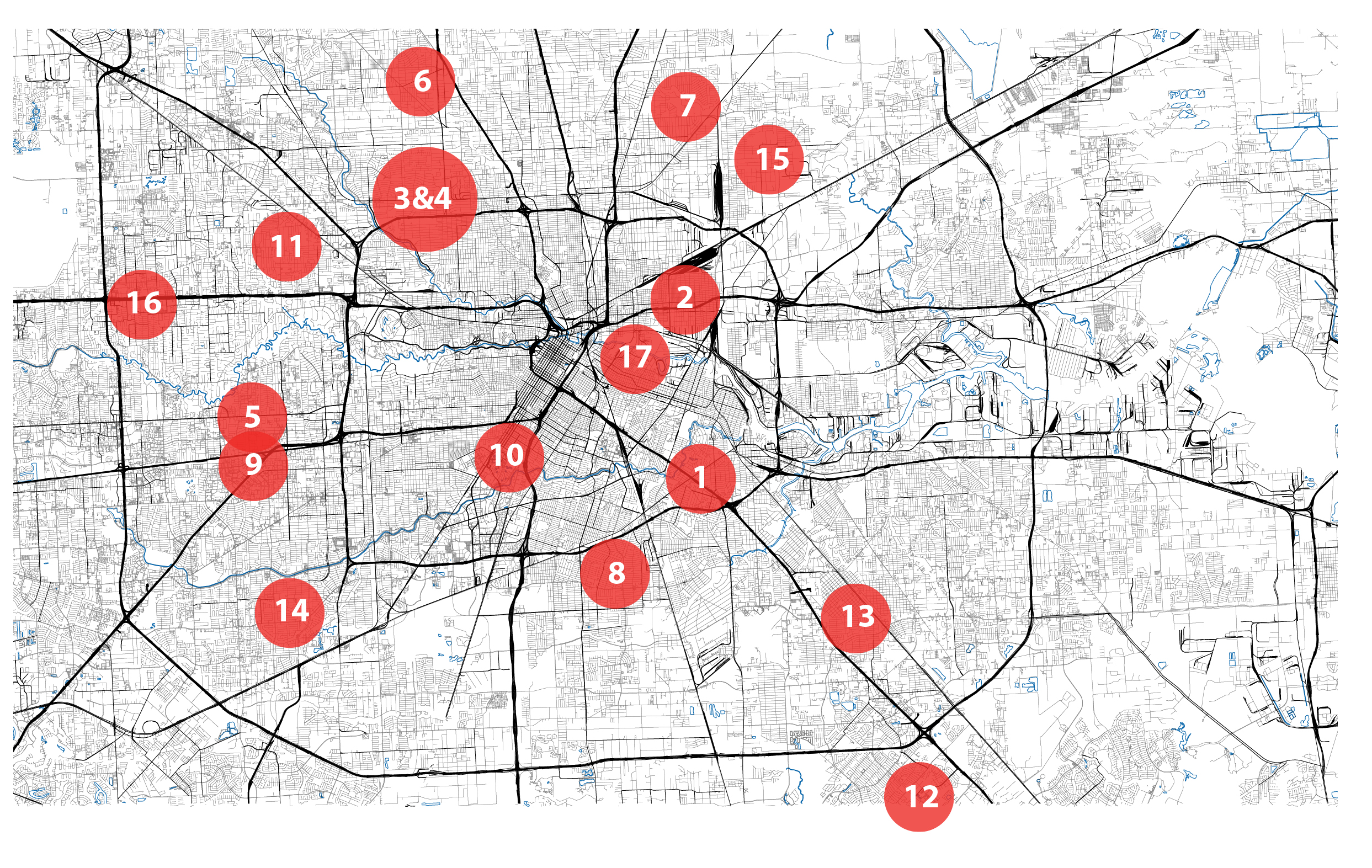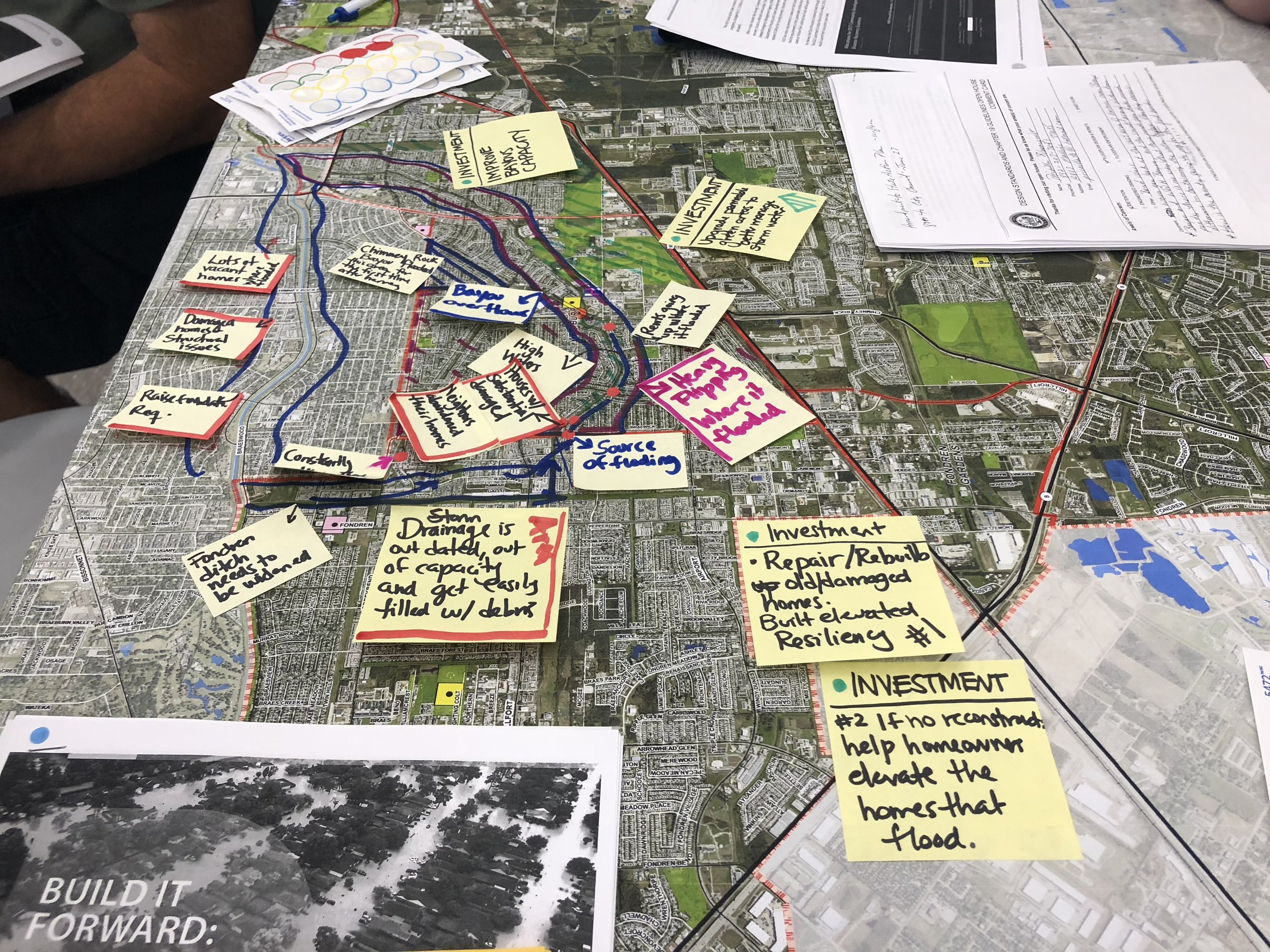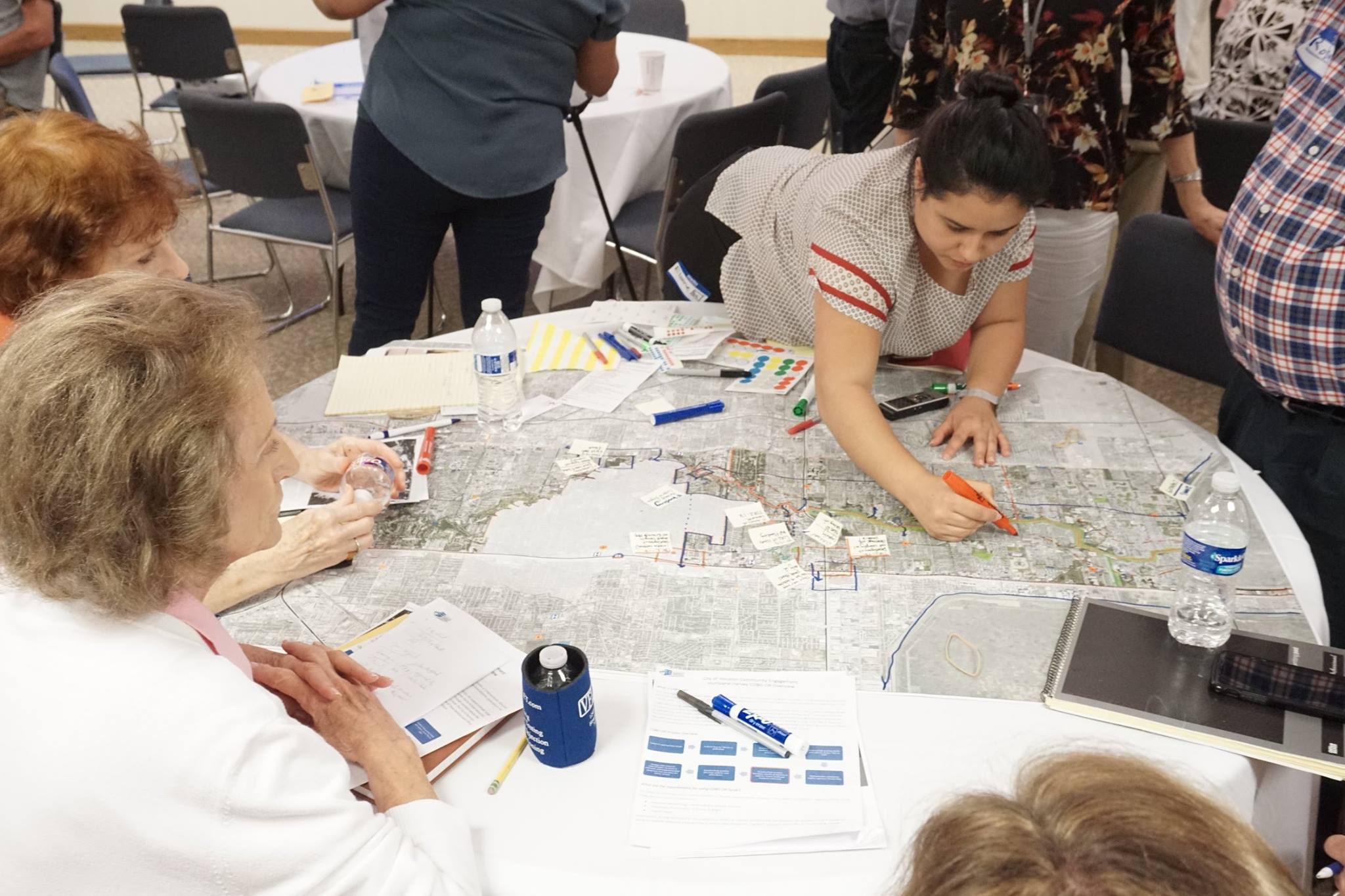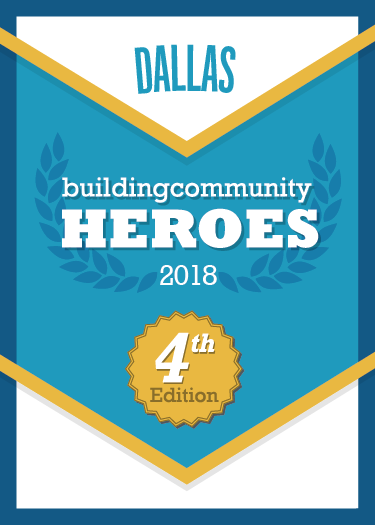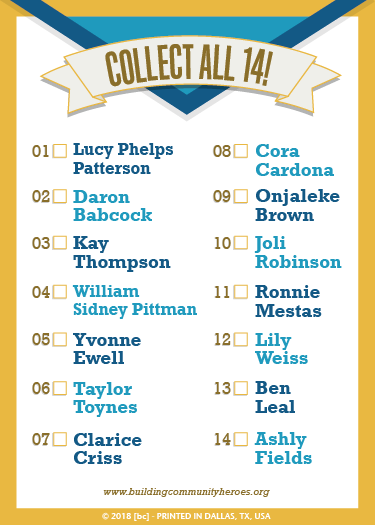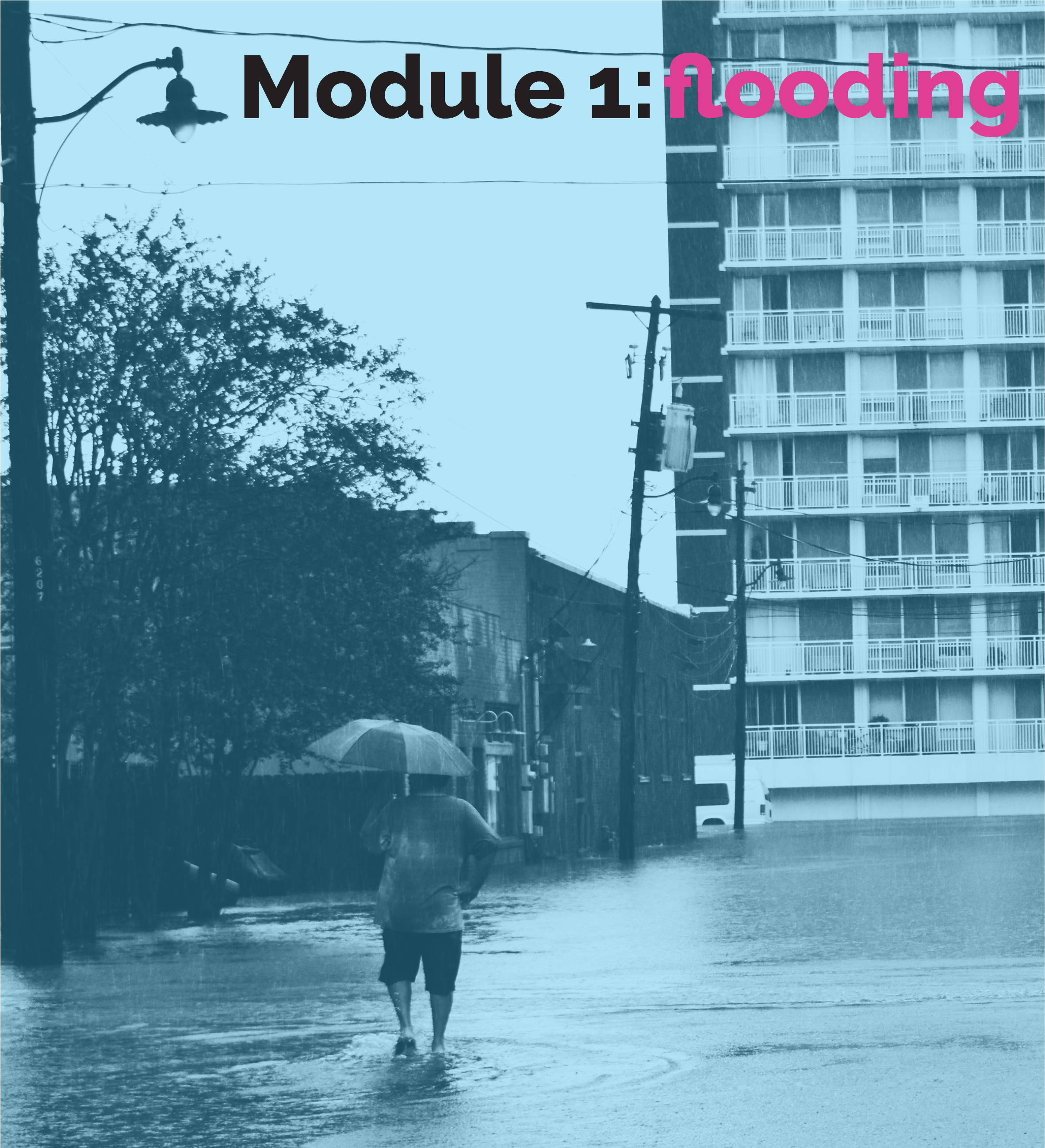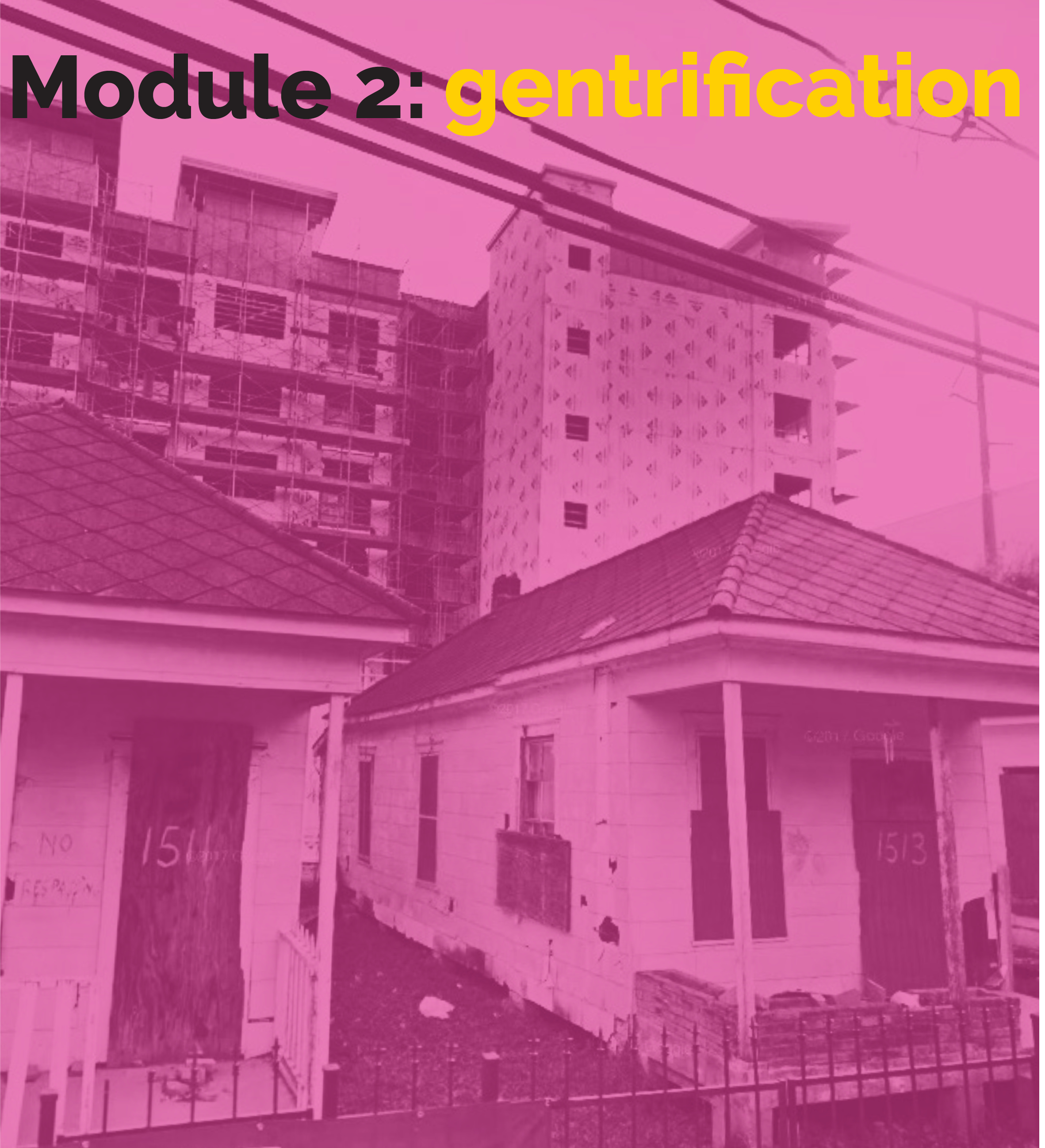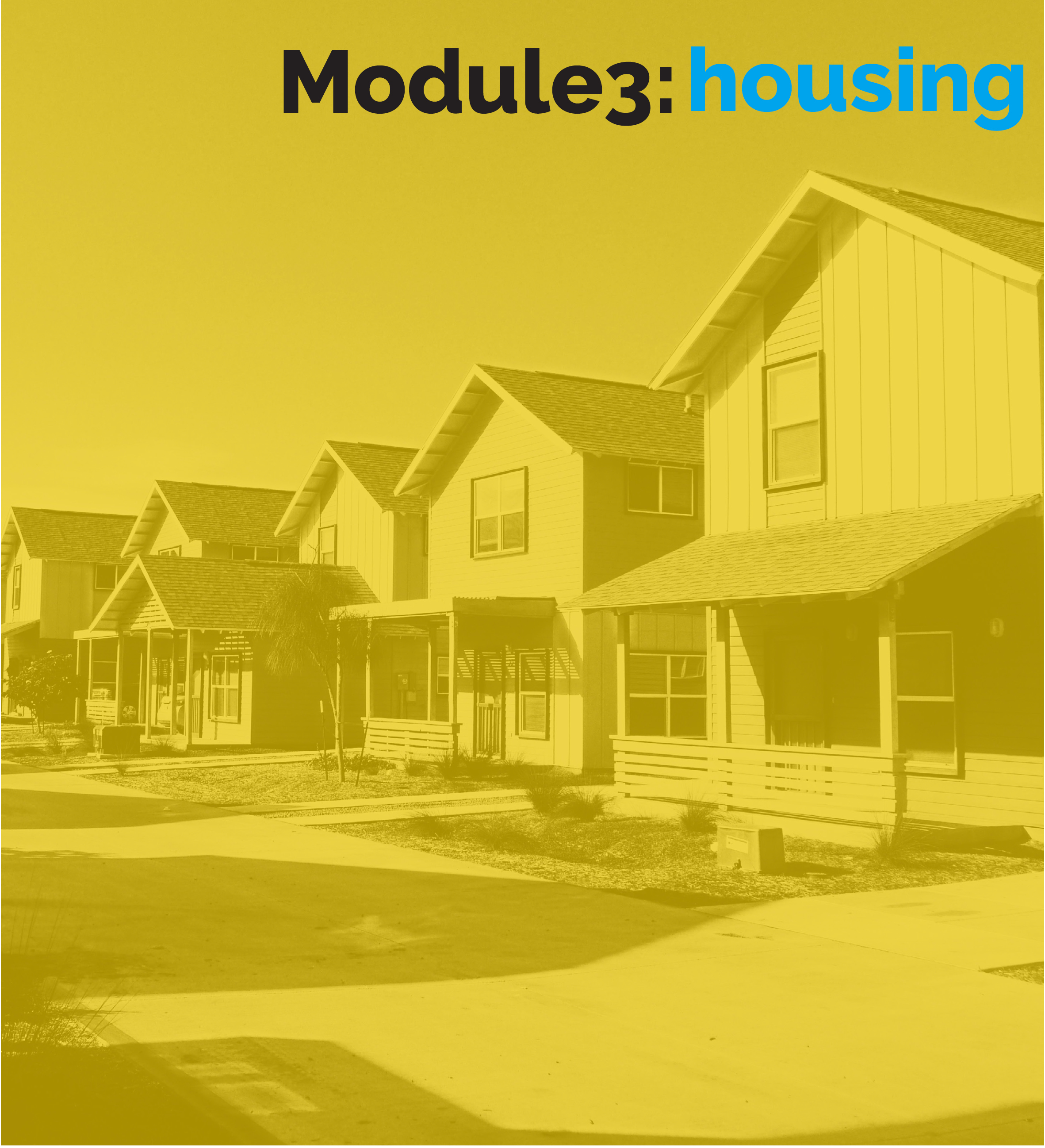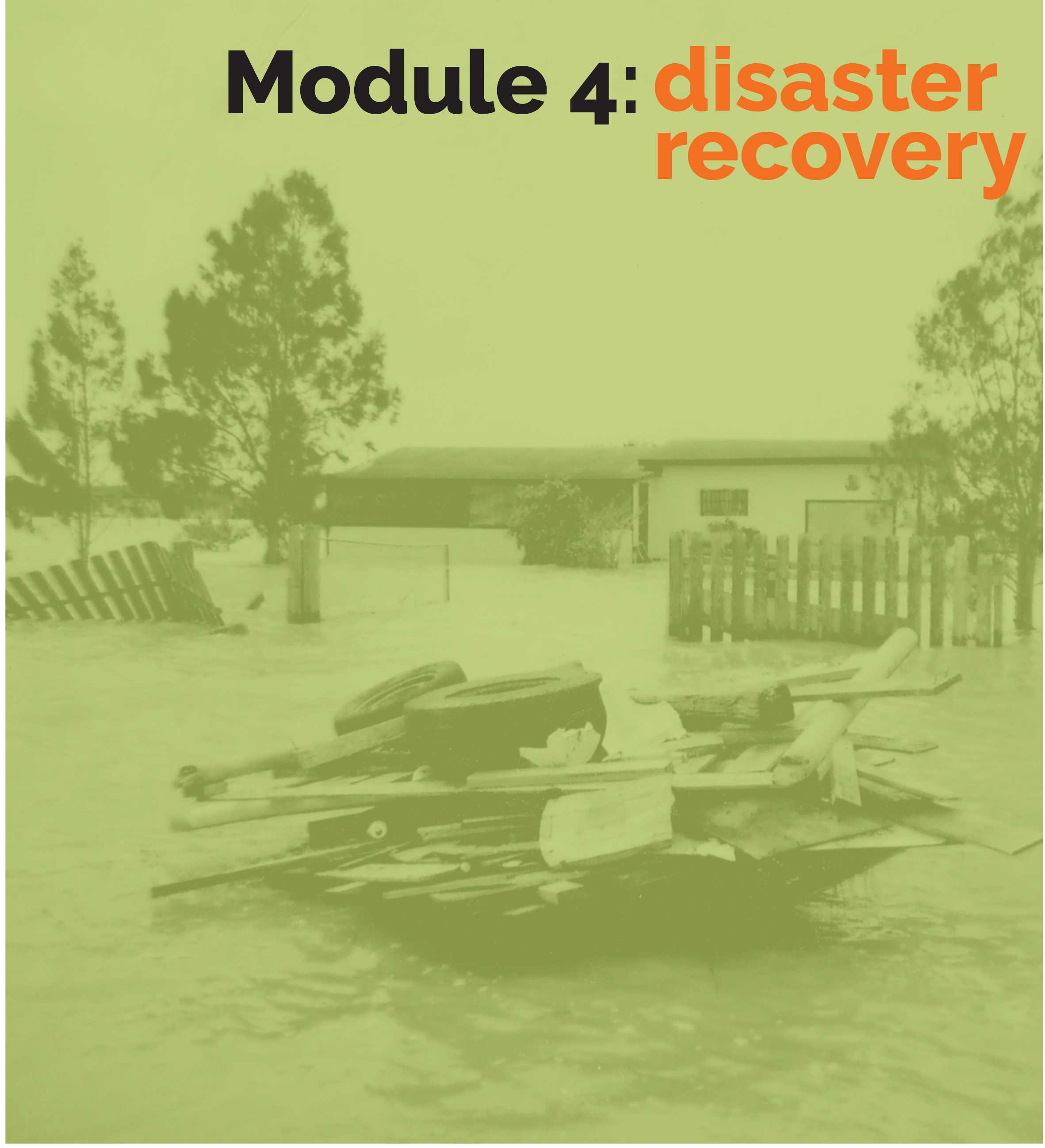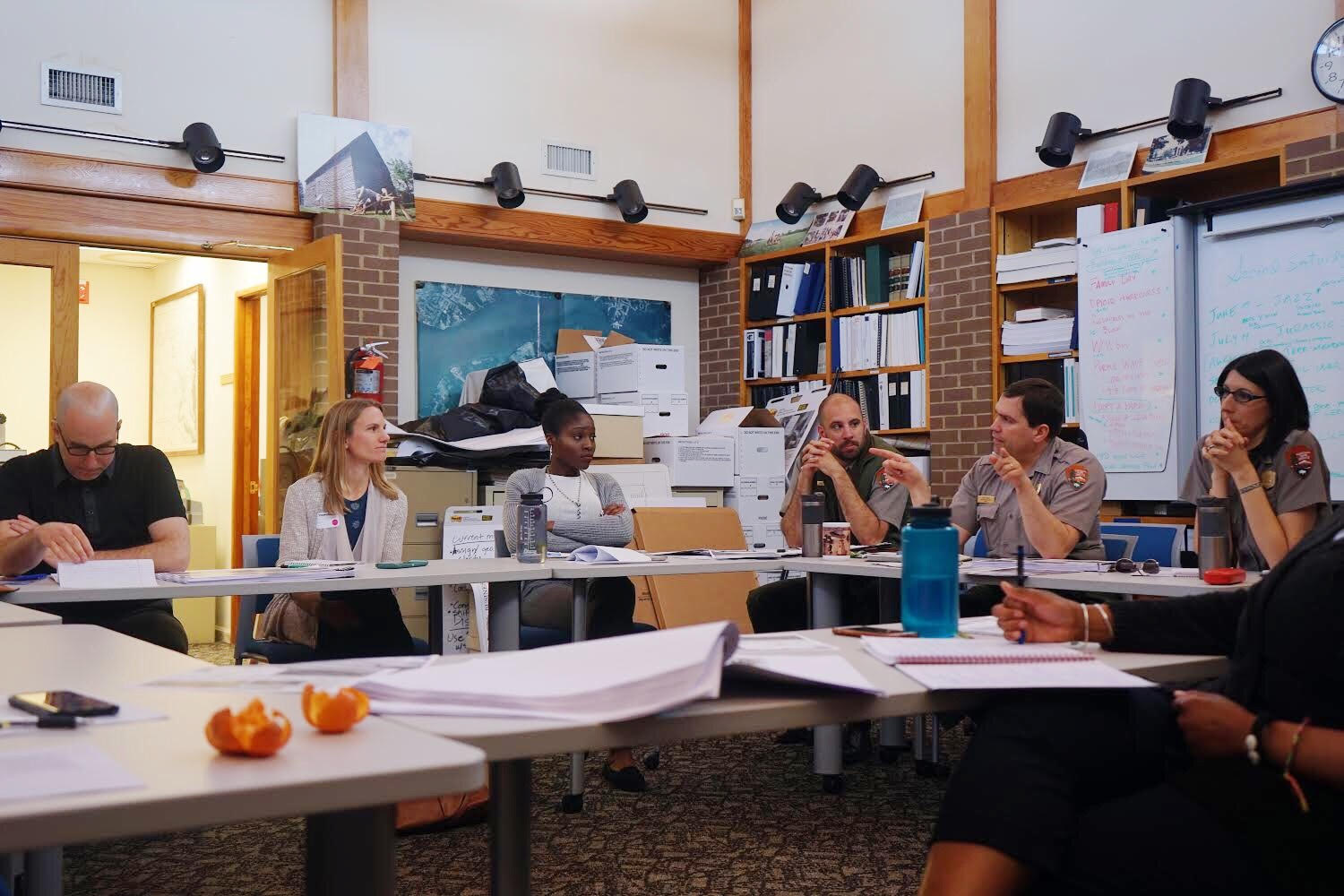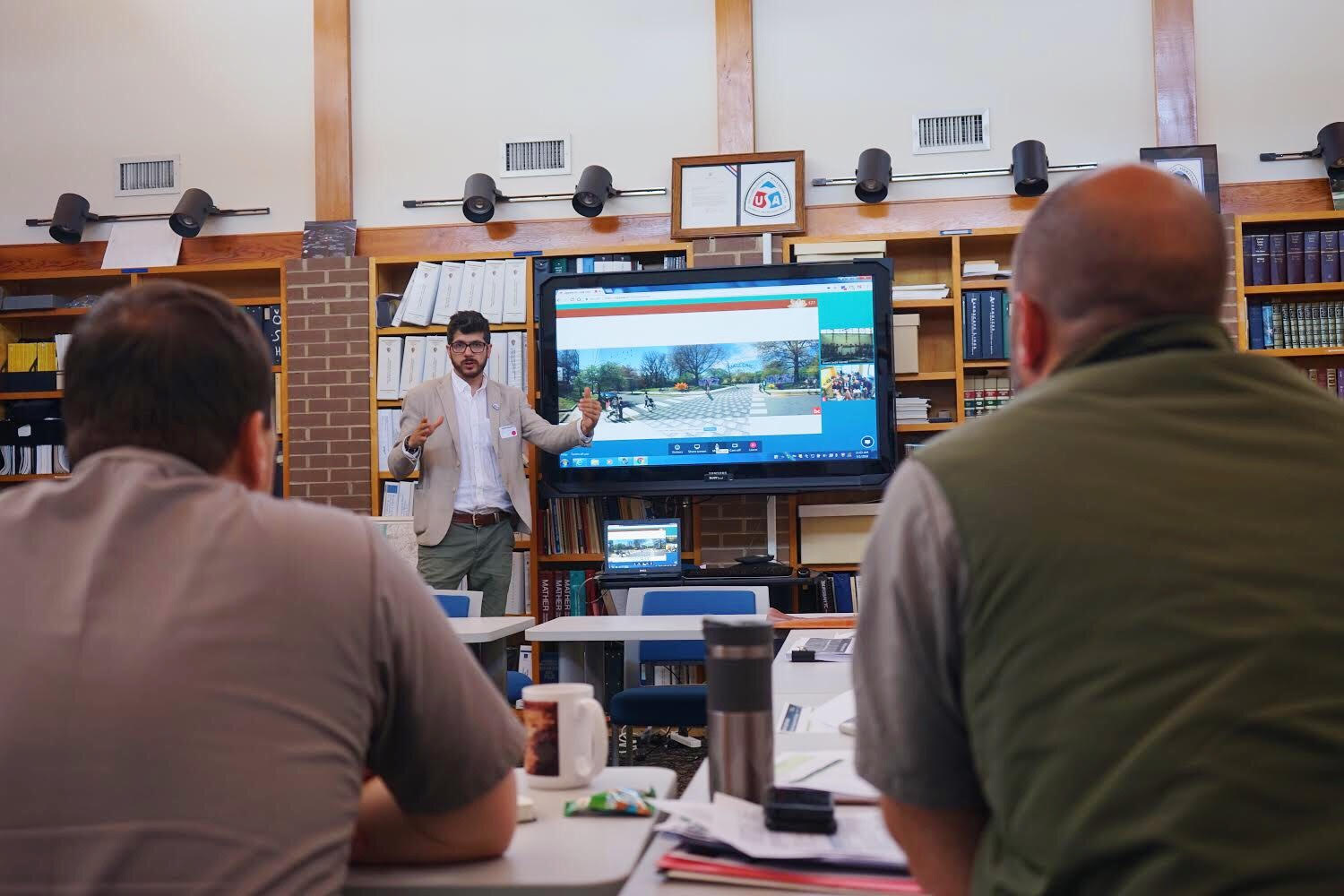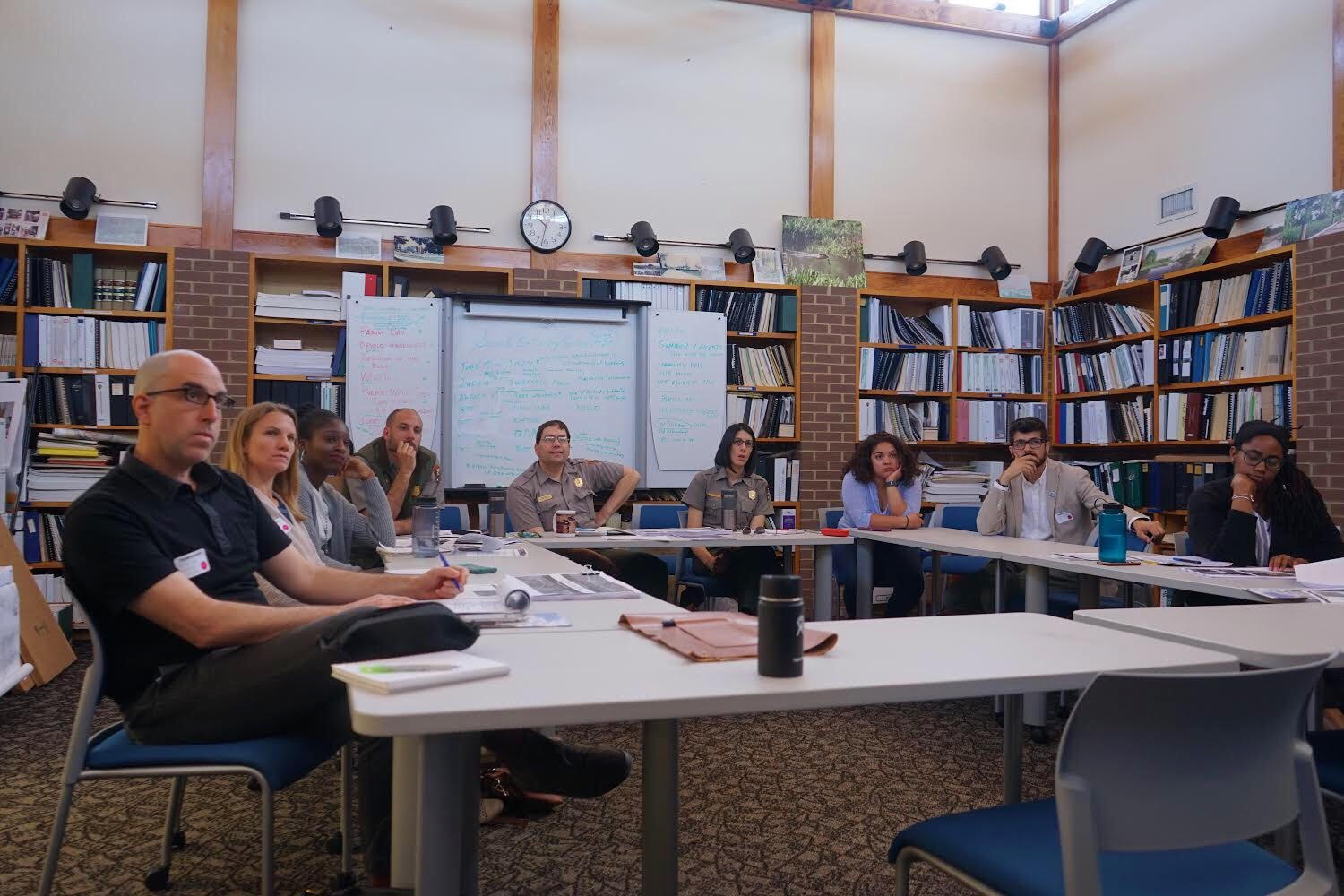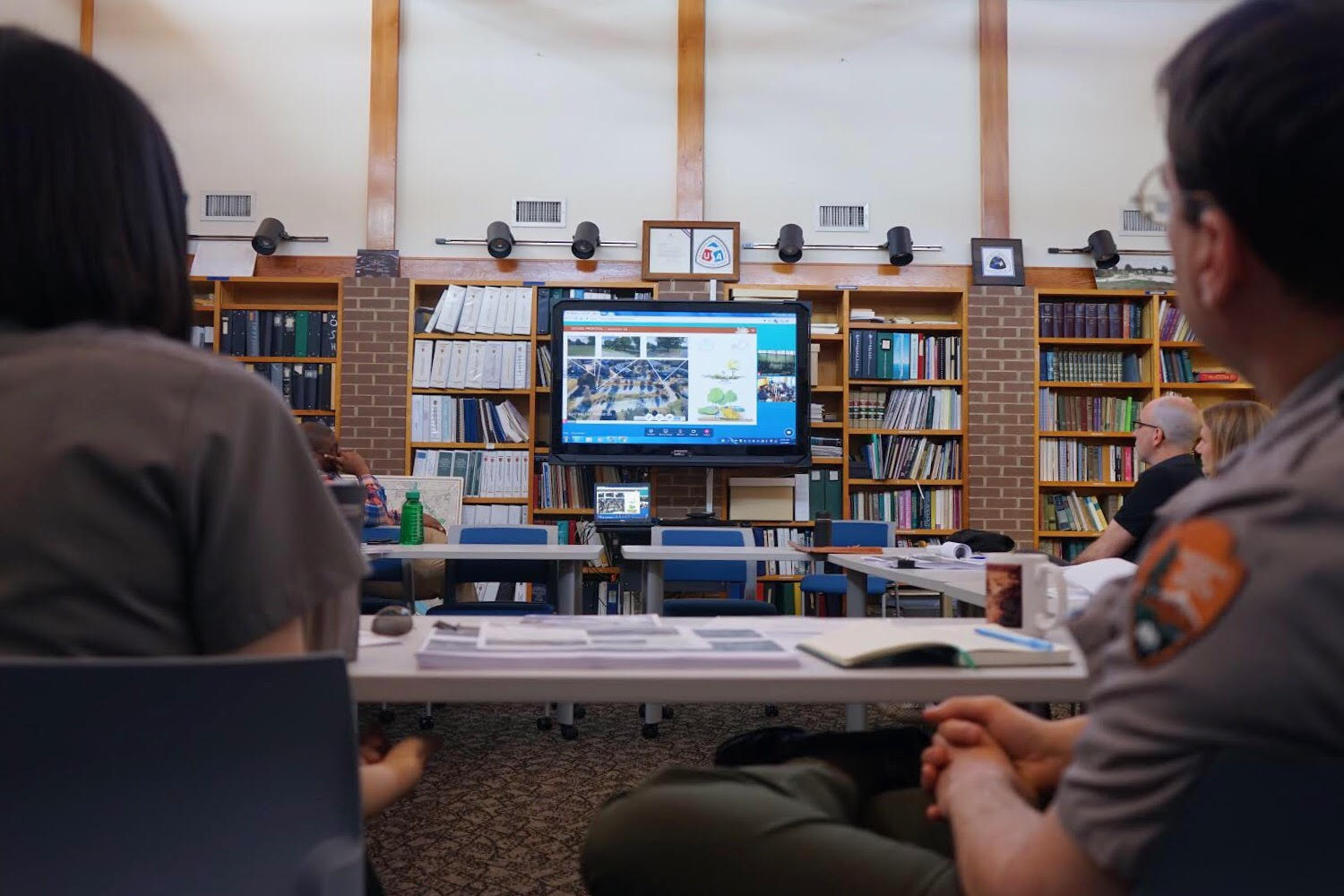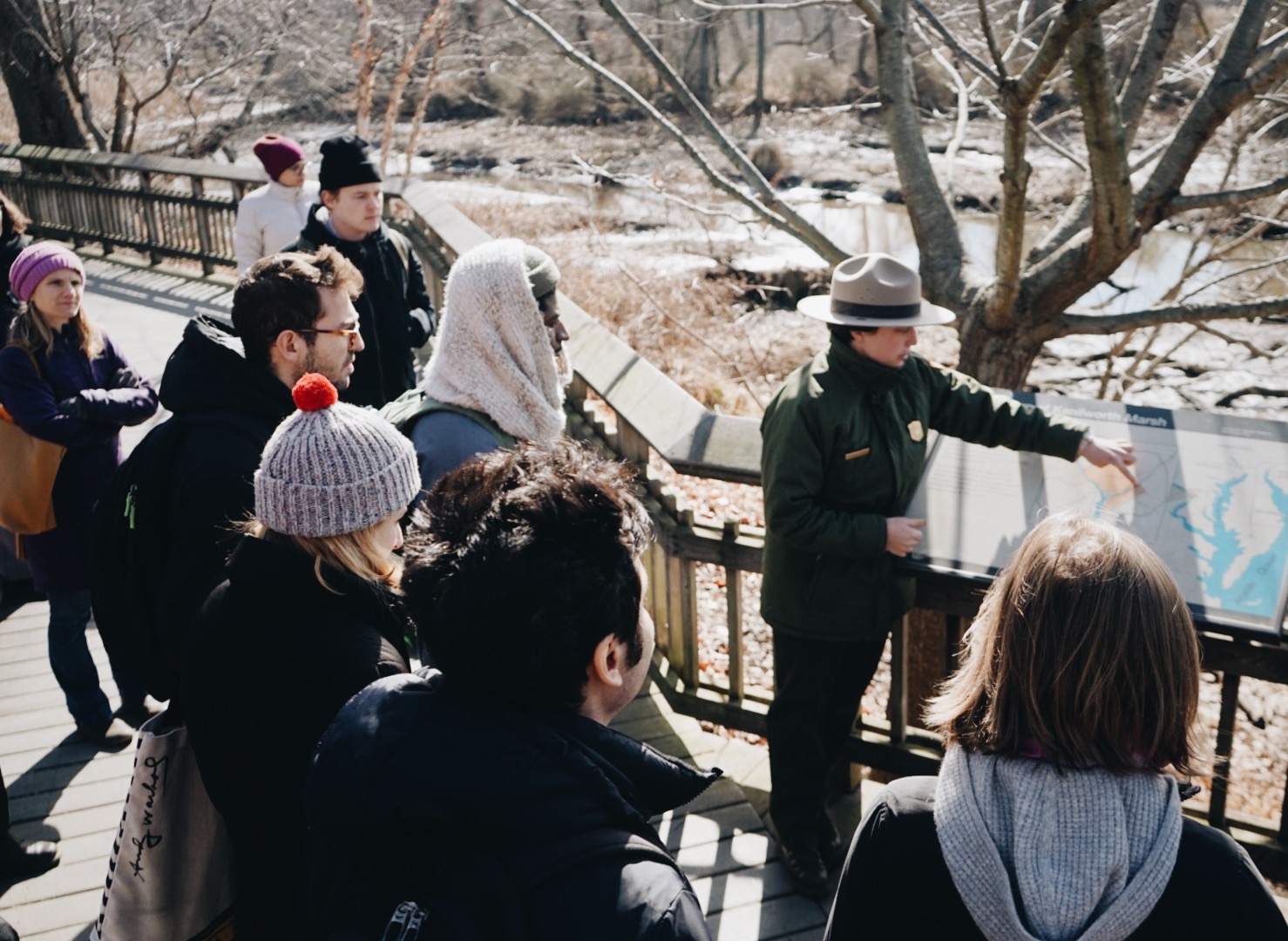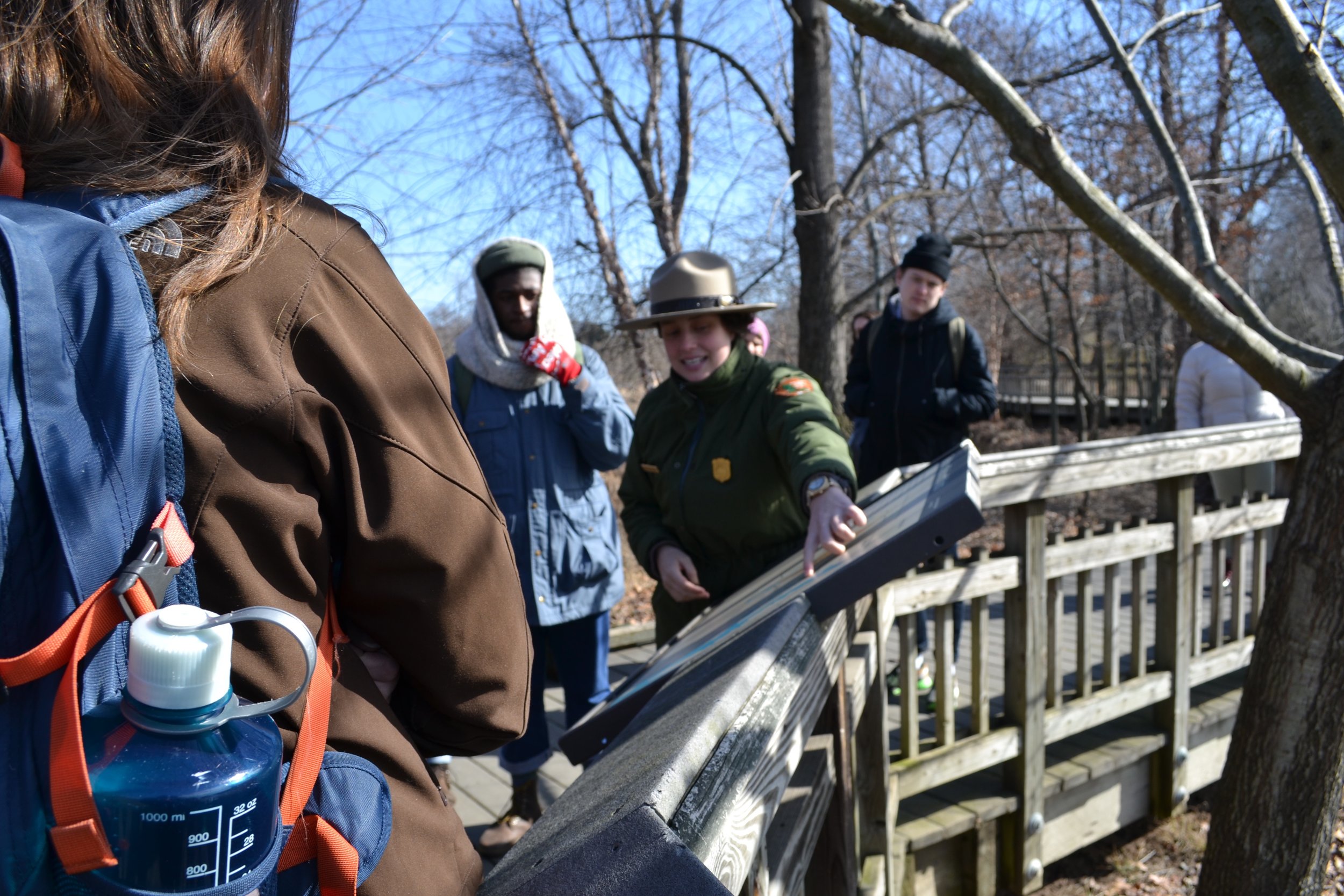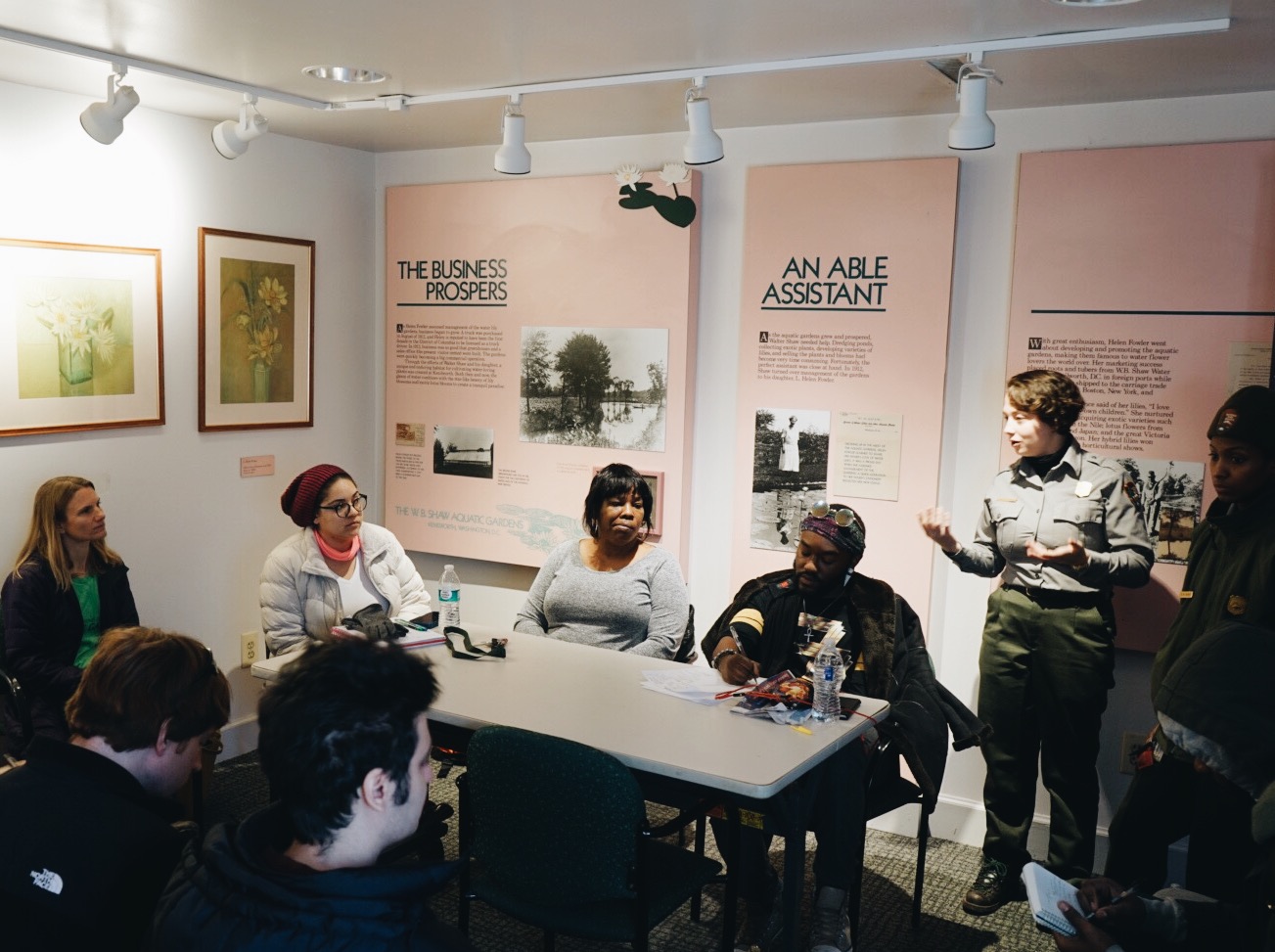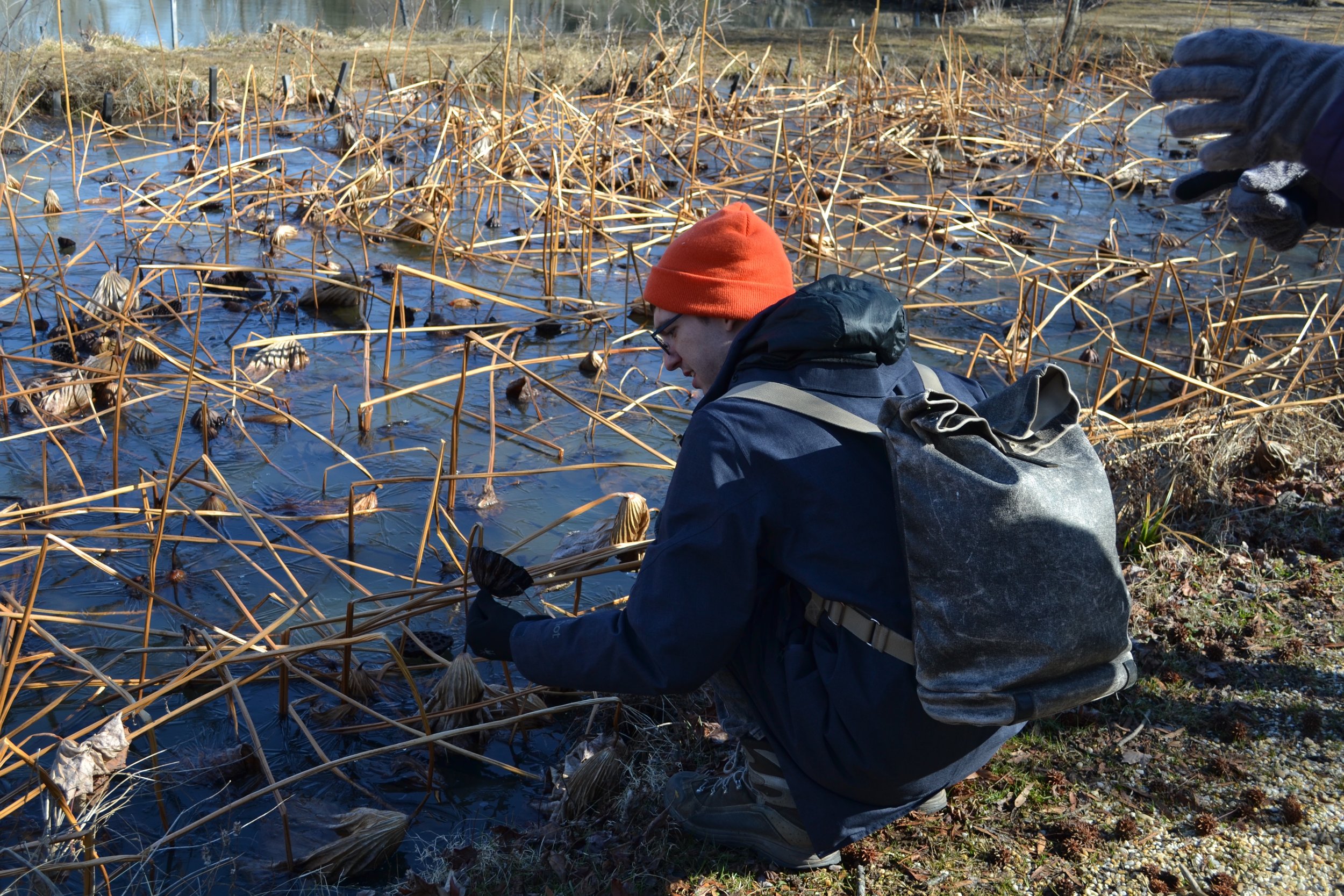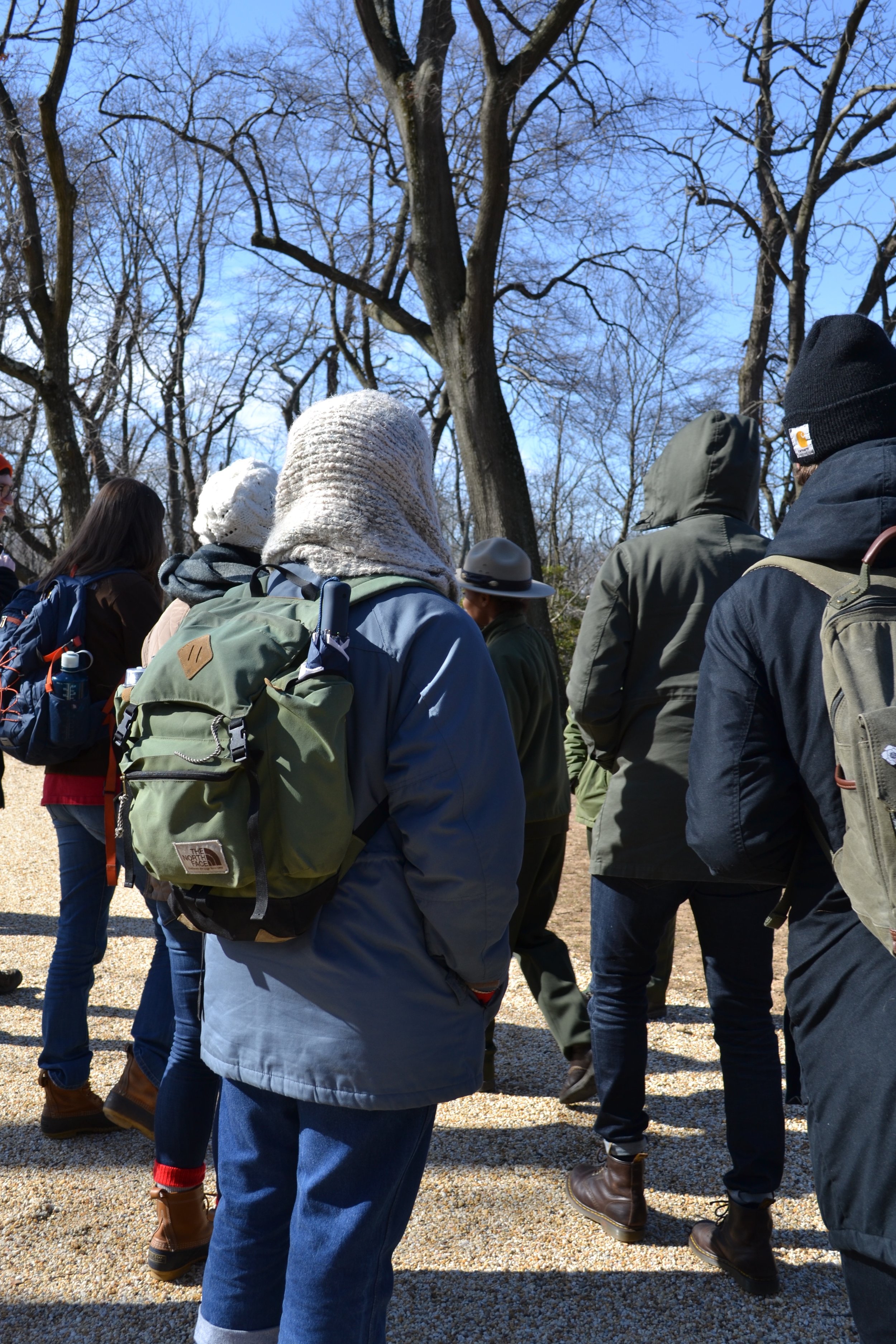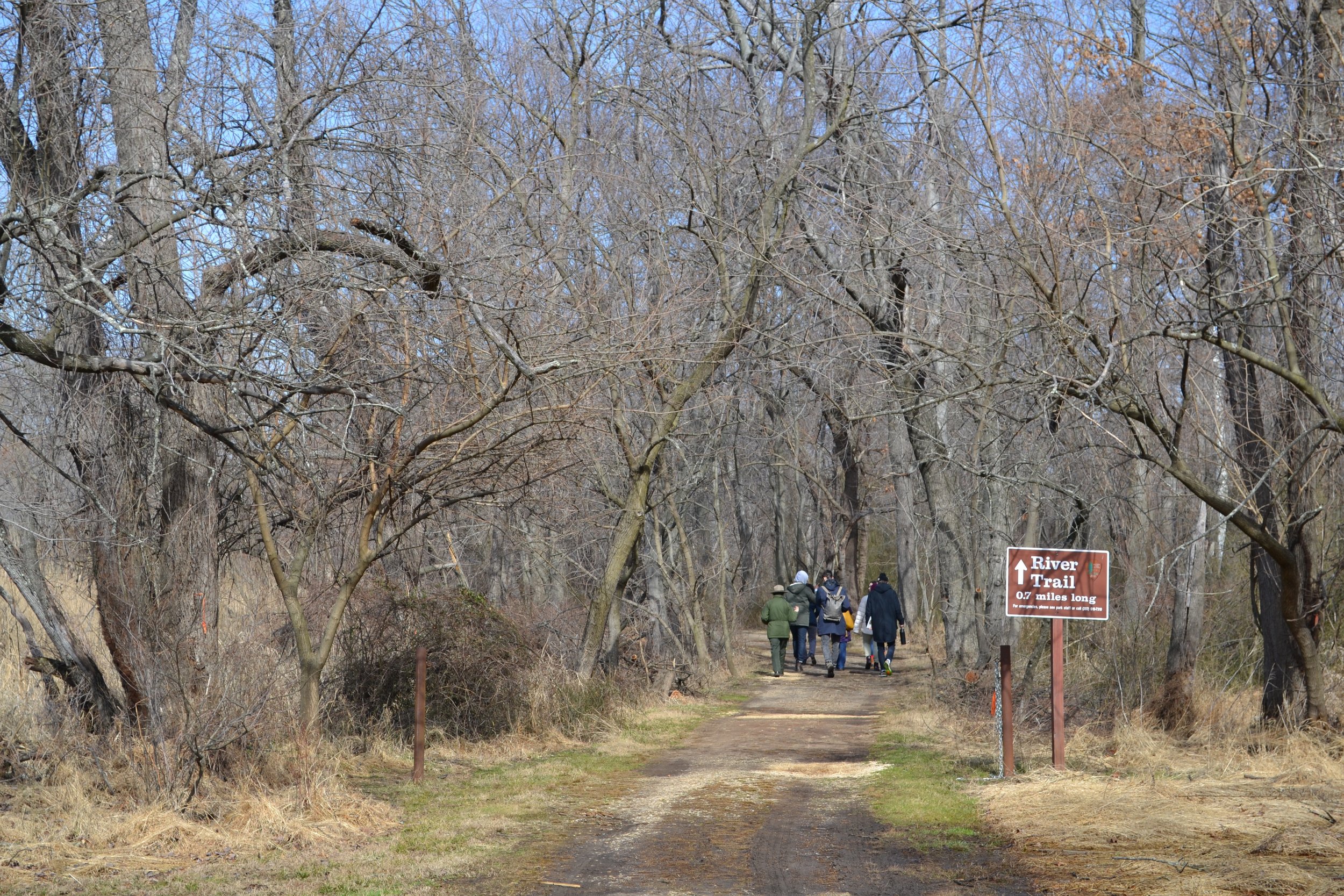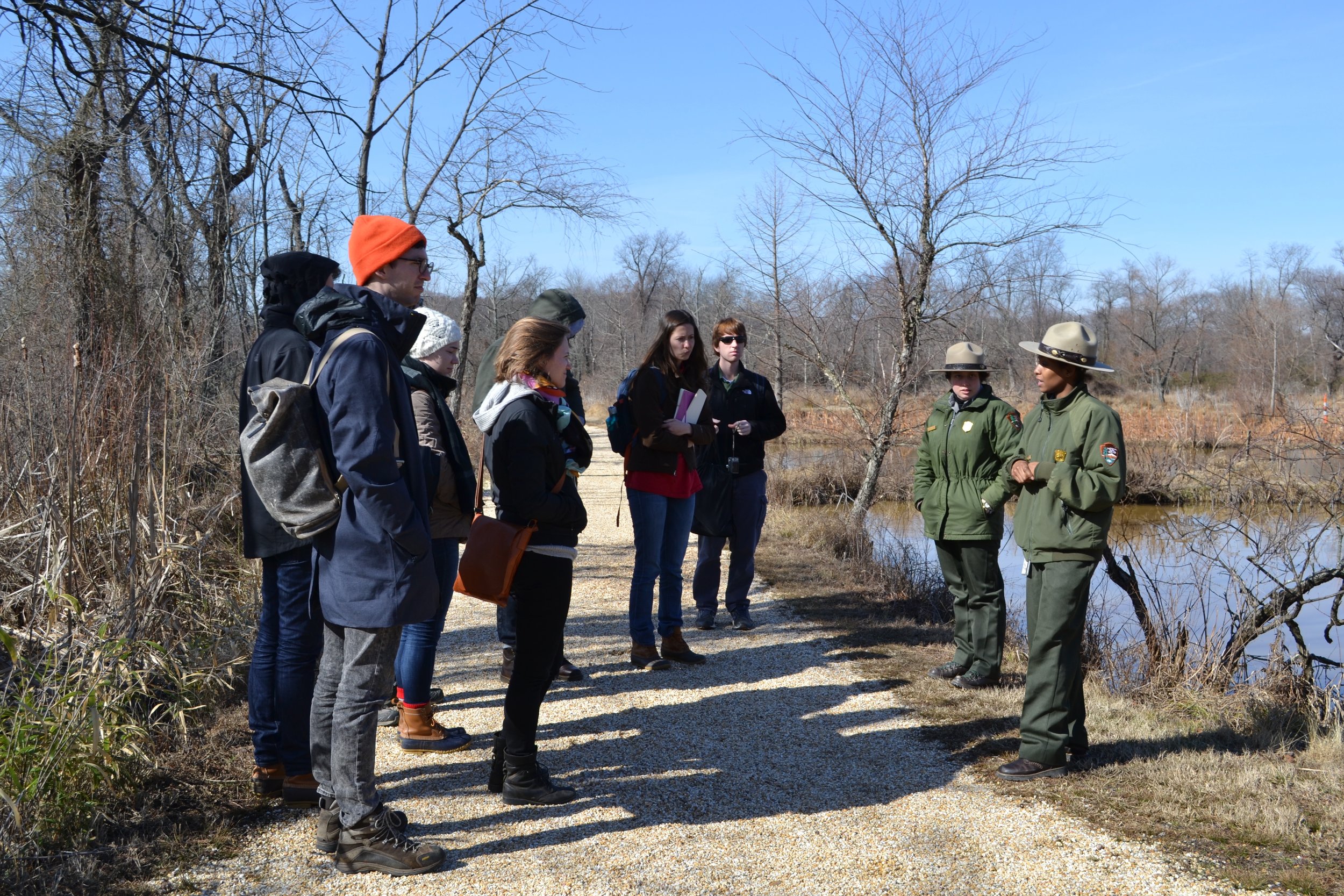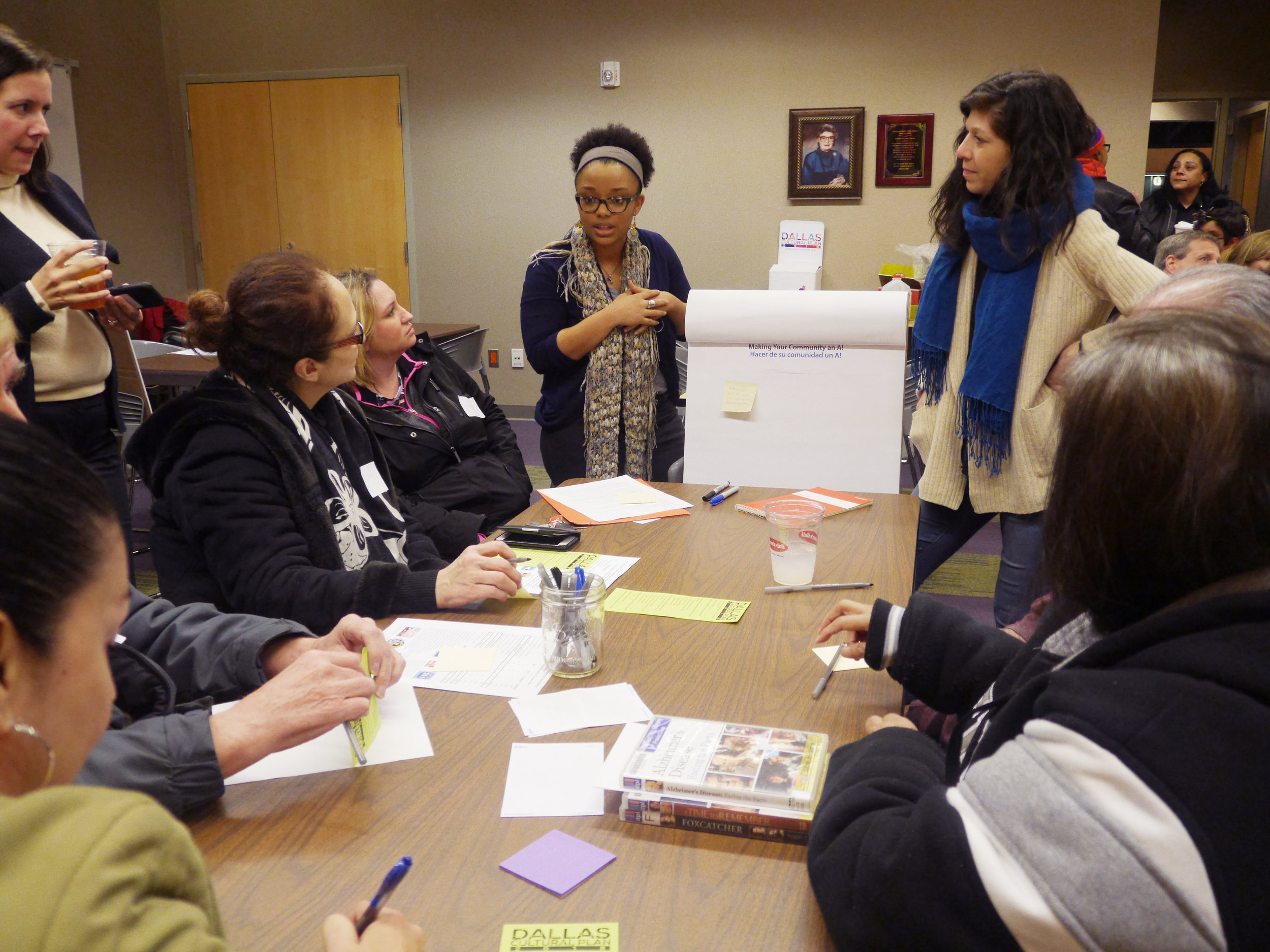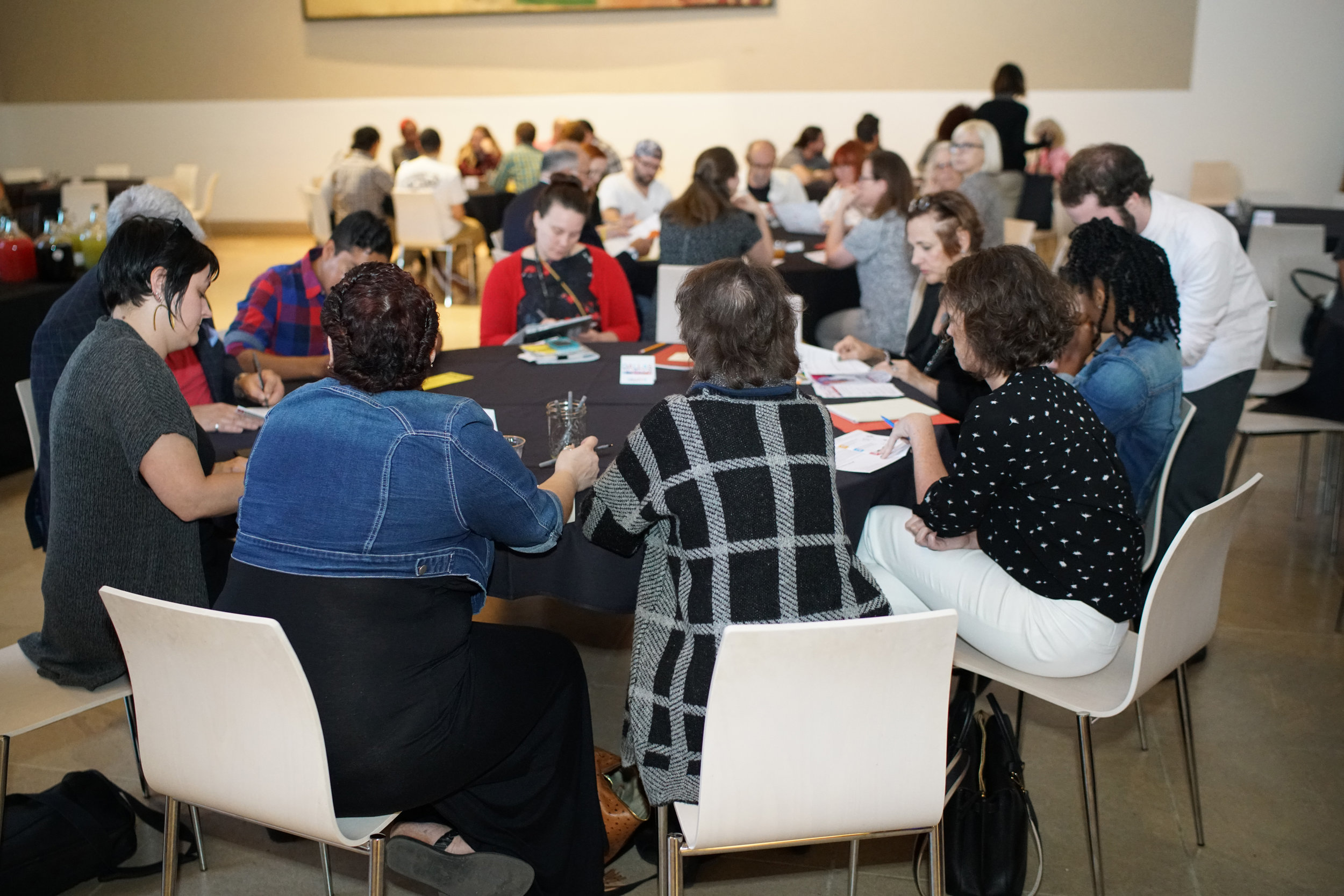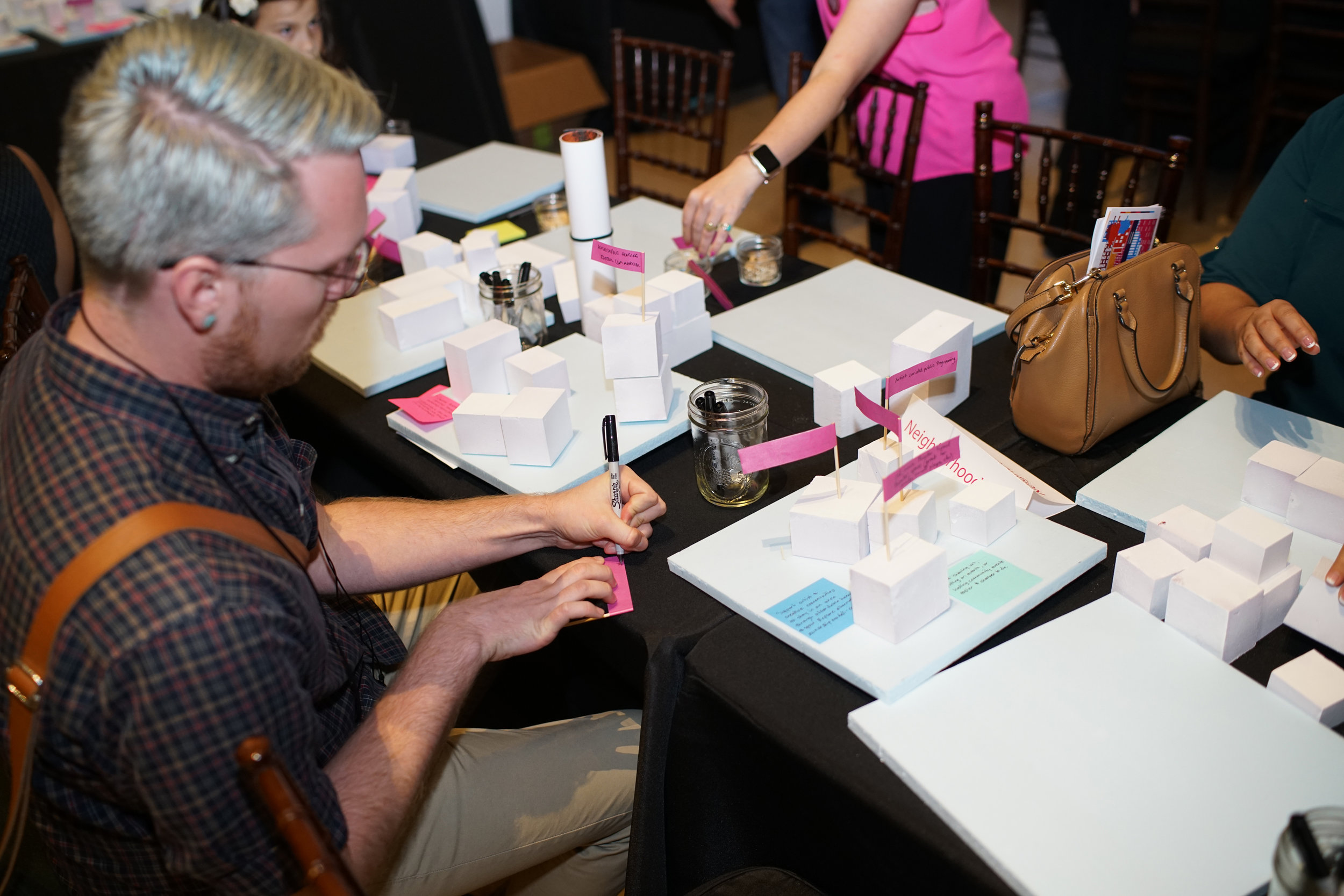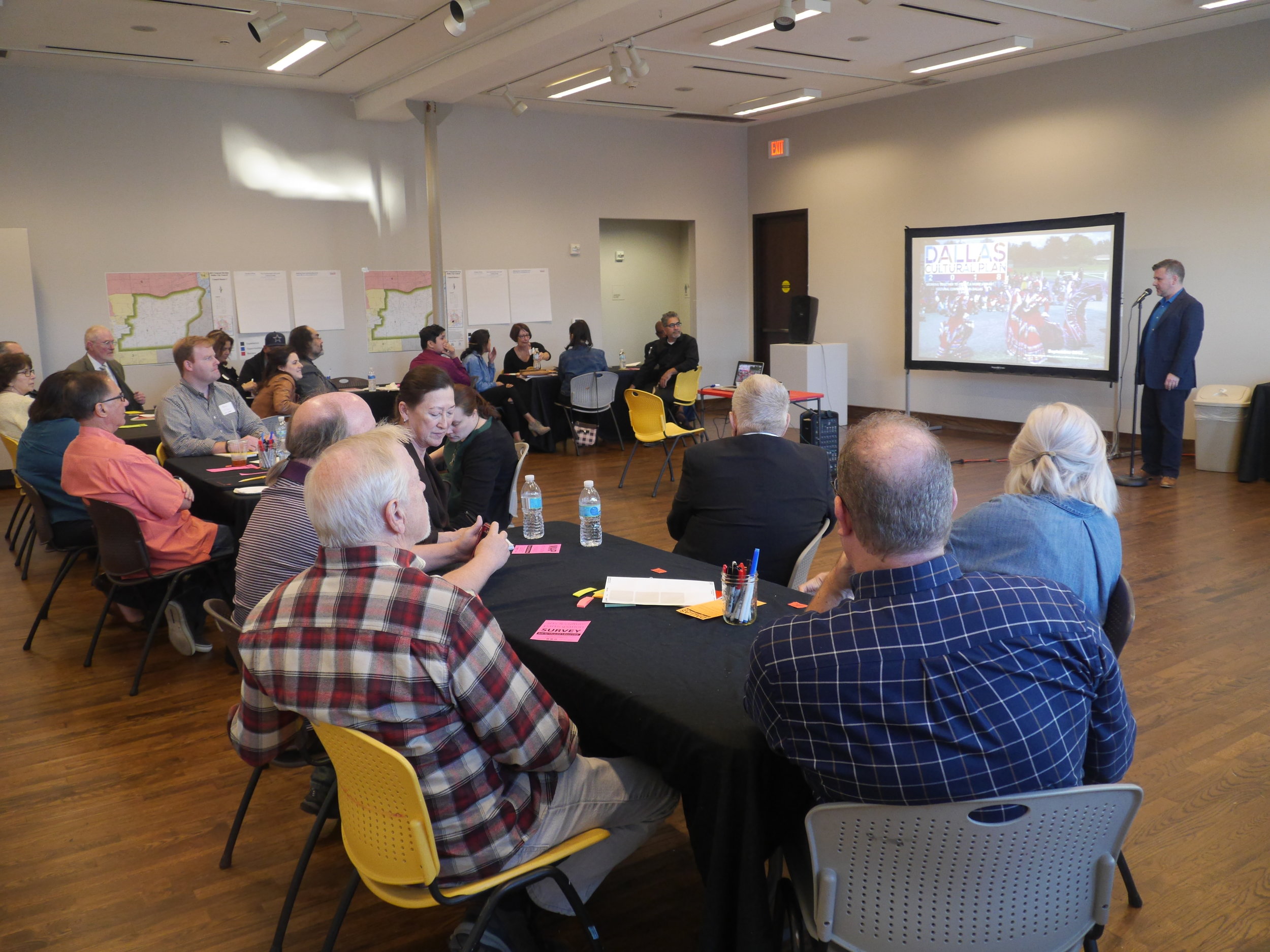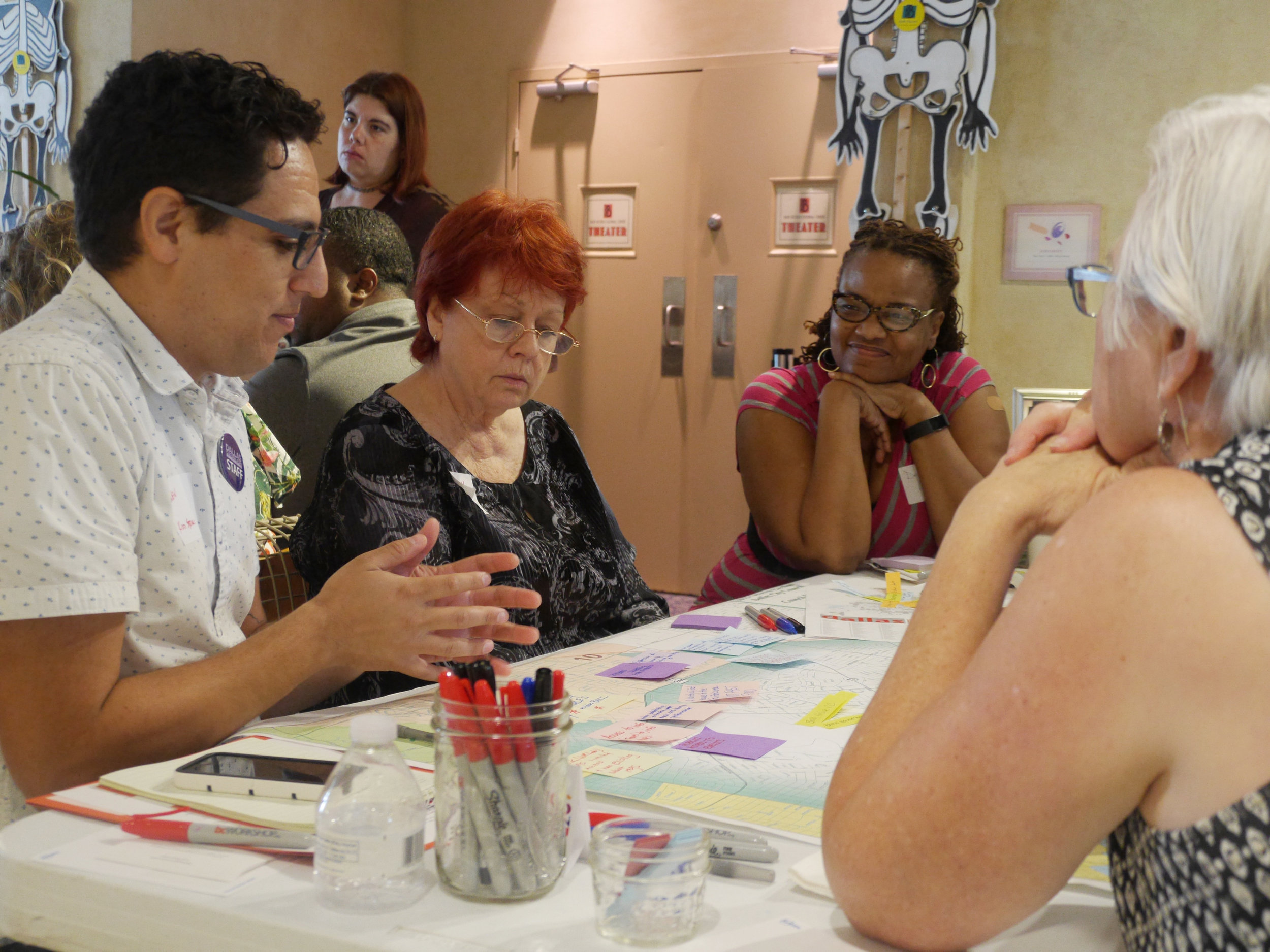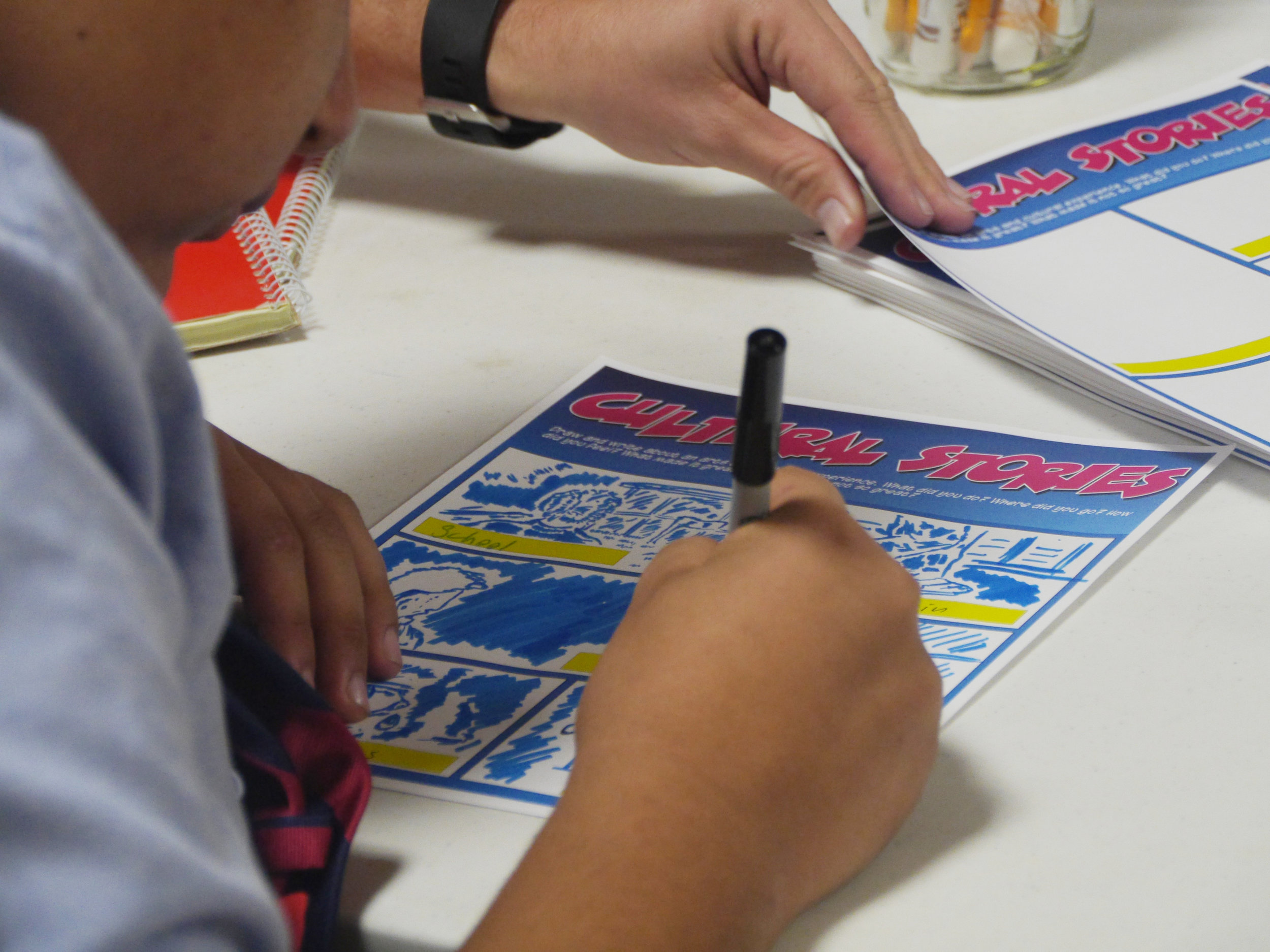Dear [bc] Friends—
It's been fifteen years since I started down the path of organizing buildingcommunityWORKSHOP. Today, it gives me great pride to see the breadth of projects being undertaken advancing the public’s interest through design and community engagement.
Thank you to the more than two hundred smart, energetic young designers who joined me. You came from across this country giving your time, talents and energy. And thank you to the hundreds of sponsors who believed design could be a tool for justice. Without your investments [bc] would have never happened.
I am proud to have served as Founding Director and President of this organization. It is time now for the next phase for [bc] and for me. I have been given the opportunity to become the President and CEO of the Trinity Park Conservancy. I am pleased to bring all that I have learned from [bc] and my training to help the City of Dallas achieve its vision of the Trinity River as the natural gathering place for all of Dallas. In many ways, the work of the Conservancy marks the next step for me in my professional practice bringing together design, the public interest, and city building.
As I step down, I am happy to announce the appointment of Thor Erickson, AICP, as the new President of [bc]. During his past two years with [bc], Thor has provided critical leadership to help build capacity while also contributing his planning knowledge and skill. Thor will continue as Managing Director and Omar Hakeem, AIA, as Design Director. I will still be involved with [bc] as Board Chairman.
We began this transition last year and I am thankful to the Board of Directors and all the staff who have worked so hard and been so supportive. It’s been my privilege to serve alongside so many talented individuals as we worked across Texas and the United States. The real heroes have been our partners—community leaders, non-profits, governments and others—whom we can never fully express our appreciation for inviting us to join them in their work.
It has been a joy and honor to have been a part of the impact [bc] has made since 2003. And I want to especially thank my family for their encouragement. I also want to thank all of you for your support. It has been my privilege to work with and assist in creating this special organization.
I am extremely confident in [bc]’s future and look forward to supporting the continued work.
Onward!
![[bc]](http://images.squarespace-cdn.com/content/v1/5248ebd5e4b0240948a6ceff/1412268209242-TTW0GOFNZPDW9PV7QFXD/bcW_square+big.jpg?format=1000w)



![The CDRC and [bc] facilitate table discussions at Districts E Community Meeting. Photo: HCDD](https://images.squarespace-cdn.com/content/v1/5248ebd5e4b0240948a6ceff/1548952167625-ABT30Y6TJWNMR4YYRTOX/comm+eng.jpg)
